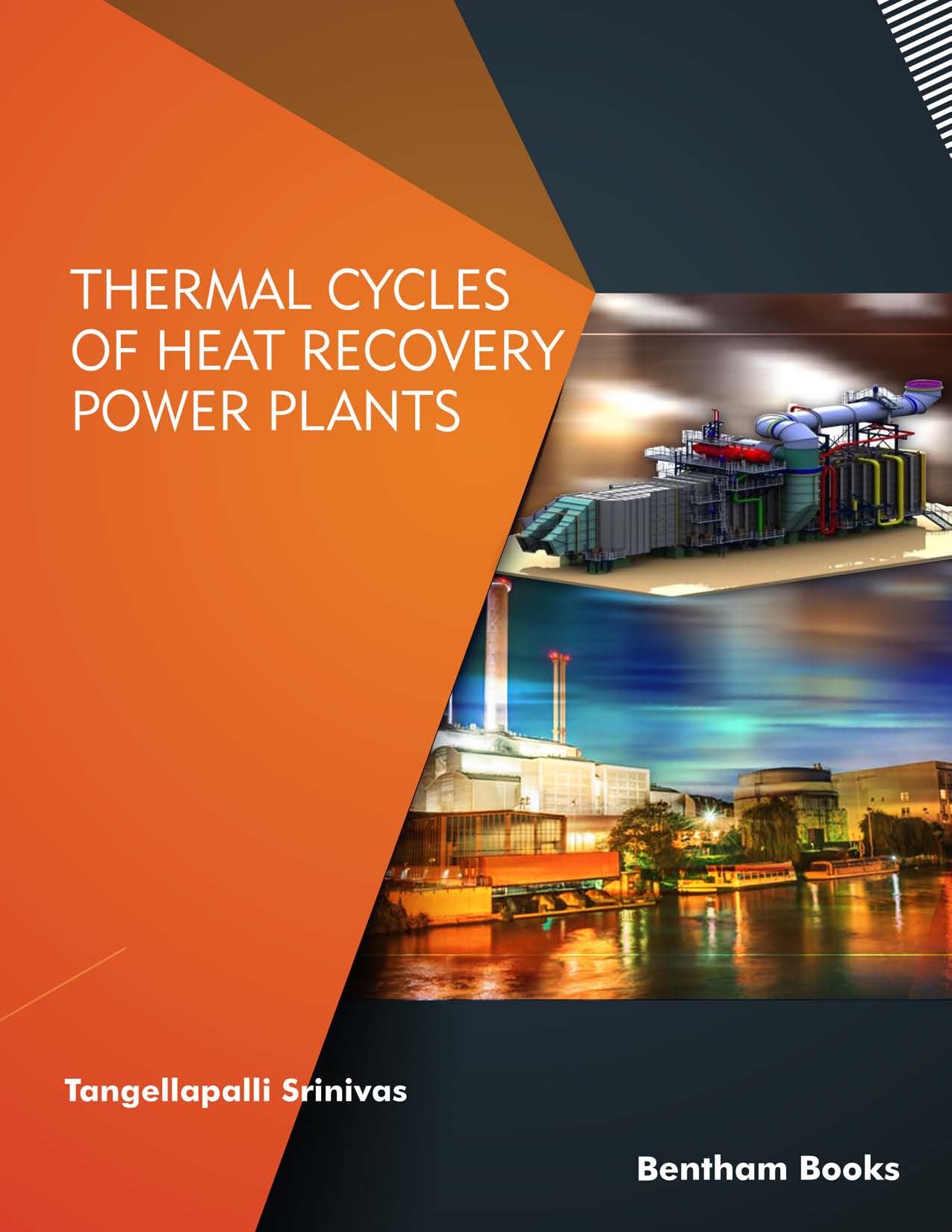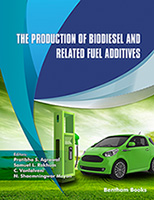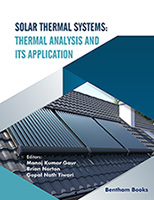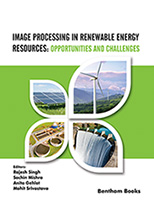Introduction
Thermal Cycles of Heat Recovery Power Plants presents information about thermal power plant cycles suitable for waste heat recovery (WHR) in modern power plants. The author covers five thermal power cycles: organic Rankine cycle (ORC), organic flash cycle (OFC), Kalina cycle (KC), steam Rankine cycle (SRC) and steam flash cycle (SFC) with the working fluids of R123, R124, R134a, R245fa, R717 and R407C. The handbook helps the reader to understand the latest power plant technologies suitable for utilizing the waste heat generated by thermal industrial processes.
Key Features:
- Comprehensive modeling, simulation, analysis and optimization of 5 power cycle types with different working fluids
- Clear information about the processes and solutions of thermal power cycles to augment the power generation with improved energy conversion.
- Simple, reader friendly presentation
- bibliographic references after each chapter for further reading
This handbook is suitable for engineering students in degree courses and professionals in training programs who require resources on advanced thermal power plant operation and optimal waste heat recovery processes, respectively. It is also a handy reference for energy conversion efficiency in heat recovery power plants. The book is also of interest to any researchers interested in industrial applications of thermodynamic processes.





